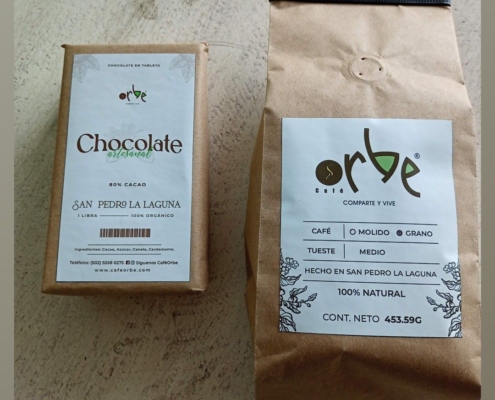Mayan cacao ceremonies are indeed real and hold significant cultural, spiritual, and historical importance within Mayan culture.
However, the increasing popularity of these ceremonies among tourists has led to a mix of genuine practices and those offered by individuals looking to capitalize on the cultural appeal. I have included providers in San Pedro we work with for reference.
The Issue of Fake Ceremonies
Tourism and Commercialization
- Exploitation: The growing interest in Mayan cacao ceremonies among tourists has led some individuals to offer inauthentic ceremonies, capitalizing on the cultural allure without adhering to traditional practices or respecting the cultural significance.
- Quality and Authenticity: Fake ceremonies may use inferior quality cacao, lack traditional rituals, and are often conducted by individuals without proper cultural knowledge or spiritual training.
- Many Travelers are told their is a high to this experience, not the meaning.
Authentic Mayan Cacao Ceremonies
Historical and Cultural Significance
- Ancient Roots: The use of cacao in Mayan culture dates back thousands of years. Cacao was considered a sacred plant, used in various rituals and ceremonies to connect with the spiritual world.
- Spiritual Practices: Authentic Mayan cacao ceremonies are deeply spiritual events that involve traditional rituals, prayers, and meditations. They are often conducted by knowledgeable practitioners or shamans who have a deep understanding of the cultural and spiritual significance of cacao.
Modern-Day Practices
- Cultural Continuity: In some Mayan communities, the tradition of cacao ceremonies continues to be practiced as part of their cultural heritage. These ceremonies are performed to mark important events, offer gratitude, and connect with ancestors and spiritual entities.
How to Identify Authentic Cacao Ceremonies
- Research and Reviews:
- Look for reputable sources, such as cultural centers, indigenous organizations, or well-reviewed practitioners who are known for their authentic practices.
- Cultural Respect and Sensitivity:
- Authentic ceremonies often emphasize cultural respect and sensitivity. Practitioners will likely provide background on the cultural significance of the ceremony and conduct it respectfully and knowledgeably.
- Local Practitioners:
- Seek out ceremonies conducted by local Mayan practitioners or shamans who have a deep connection to their cultural heritage and spiritual practices.
Conclusion
Mayan cacao ceremonies are a real and important part of Mayan culture, but the rise in tourism has led to the proliferation of inauthentic ceremonies. By being discerning and choosing to support genuine practitioners, travelers can experience the true cultural and spiritual significance of these ceremonies, while also respecting and preserving the rich heritage of the Mayan people.
You can also check out our FB Group.
https://www.facebook.com/groups/lakeatitlanguatemalatravel/permalink/7289611884473425/


 Ethical Fashion Guatemala
Ethical Fashion Guatemala Ethical Fashion Guatemala
Ethical Fashion Guatemala